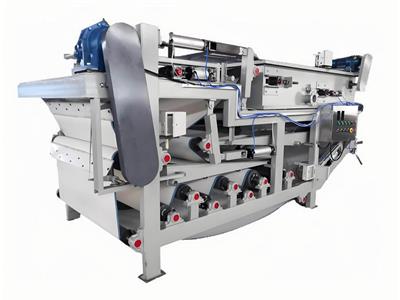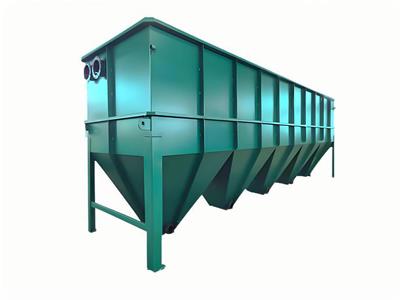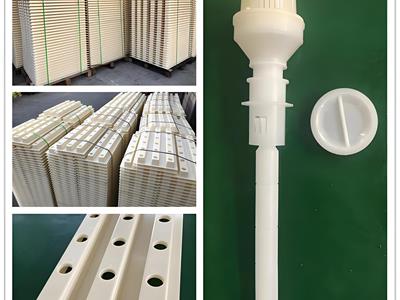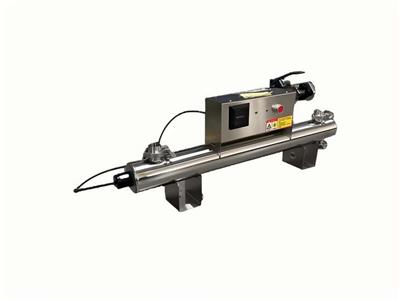- 2025-07-09
absorb
The water treatment mechanism in the absorption process
Core definitions and mass transfer principles
Absorption refers to the process by which contaminant molecules dissolve through a phase interface and diffuse into the bulk liquid phase, with the following technical characteristics:
Distinction from adsorption:
Parameter Absorption Adsorption
Site of action Overall liquid phase Solid phase surface
Driving force Concentration gradient/Henry's law Van der Waals forces/Chemical bonds
Kinetics Gas-liquid mass transfer controlled Pore diffusion controlled
Water treatment application model
■ Removal of gaseous pollutants
Target substance Adsorbent Reaction equation Removal rate
NH₃ H₂SO₄ solution 2NH₃ + H₂SO₄ → (NH₄)₂SO₄ >99%
H₂S NaOH solution H₂S + 2NaOH → Na₂S + 2H₂O 95-98%
CO₂ MEA solution CO₂ + 2HOCH₂CH₂NH₂ → HOCH₂CH₂NHCOO⁻ + HOCH₂CH₂NH₃⁺ >90%
■ Key engineering parameters
Mass transfer coefficient (Kₗa): 0.005-0.03 s⁻¹ (packed tower conditions)
Henry constant (H): Determines gas-liquid equilibrium (NH₃: 0.76 atm·m³/mol)
Liquid-to-gas ratio (L/G): 1-10 L/m³ (adjusted based on pollutant solubility)
Equipment Design and Operation
Tower type Aplicable scenarios Advantages Limitations
Packed tower Medium-low concentration exhaust gas Pressure drop reduction (ΔP<500 Pa/m) Prone to blockage (SS>50mg/L)
Spray tower Dusty gas Strong anti-blocking capability Low mass transfer efficiency (about 60%)
Bubble column High solubility substances Controllable residence time (10-60s) High energy consumption (>3kW/m³)
Industrial cases
Wastewater treatment plant odor removal system
Absorbent: 5% sodium hypochlorite solution
Design load: H₂S 200ppm → outlet <5ppm
Filler height: ≥3.5m (ensuring contact time >8s)
Flue Gas Desulfurization (WFGD)
Limestone slurry concentration: 15-20%
SO₂ removal efficiency: >98% (pH maintained at 5.2-5.8)
Demister requirements: Liquid carryover <50 mg/Nm³






